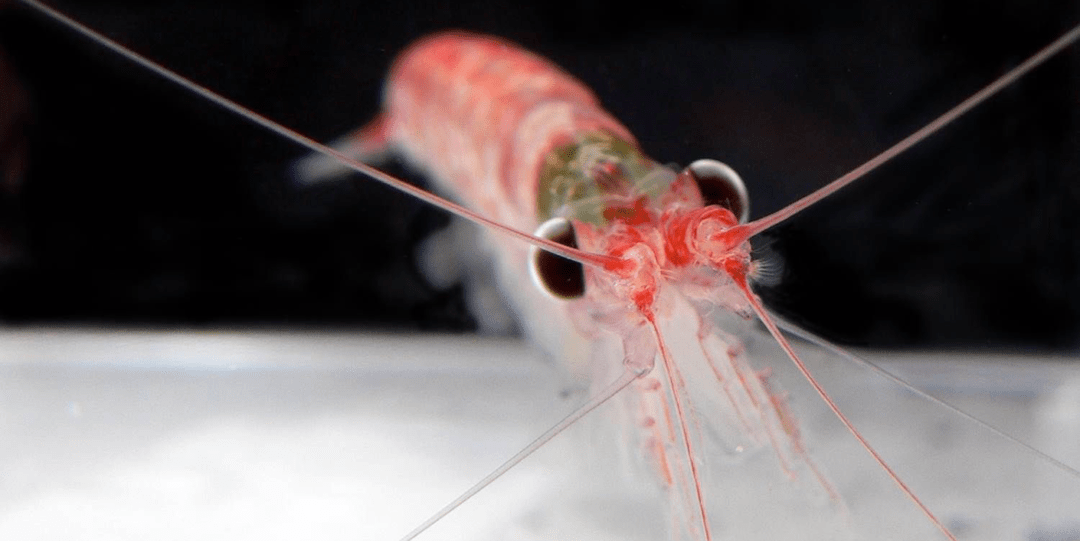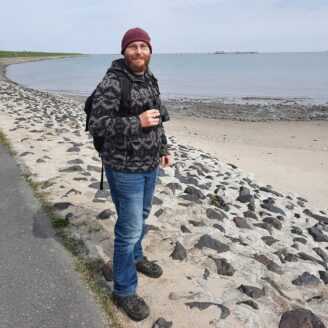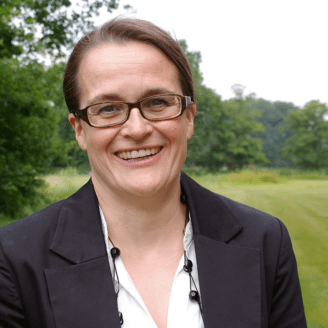How will changes in species composition affect functions of marine ecosystems?
For example, can they perform their function as oxygen or biomass producers to the same extent?
The aim is to formulate general principles on which the relationship between the diversity of a habitat and the ecosystem processes taking place is based. These principles in turn form an important basis for research field Conservation and Management.
Our team for Ecosystem Functions
Jordan Aron Gault
Theoretical EcologistJoseane Marques
EcophysiologistKate Pereira Maia
EcologistKatja Metfies
Molecular EcologistKaty Lambert-Slosarska
Marine microbial ecologist, BioinformaticianKelly Gomez-Campo
Laura Leiva
Marine EcologistLívia Oliveira
Plankton EcologistSelected Project: PEKRIS

Antarctic krill (Euphausia superba) form a central component of the Antarctic food web. Top predators such as penguins, seals, and whales depend directly or indirectly on krill as a food source. While krill stocks are declining, there has been a significant increase in salps (Salpa thompsoni) in Antarctica in recent years.
The goal of PEKRIS (The Performance of Krill vs. Salps to withstand in a warming Southern Ocean) is to quantify the genetic characteristics of krill vs. salps, which will provide information on how the organisms adapt to increasing temperatures. In addition, the temperature window of both species will be determined in order to predict future population trends of both species using individual-based models applying different climate scenarios.







